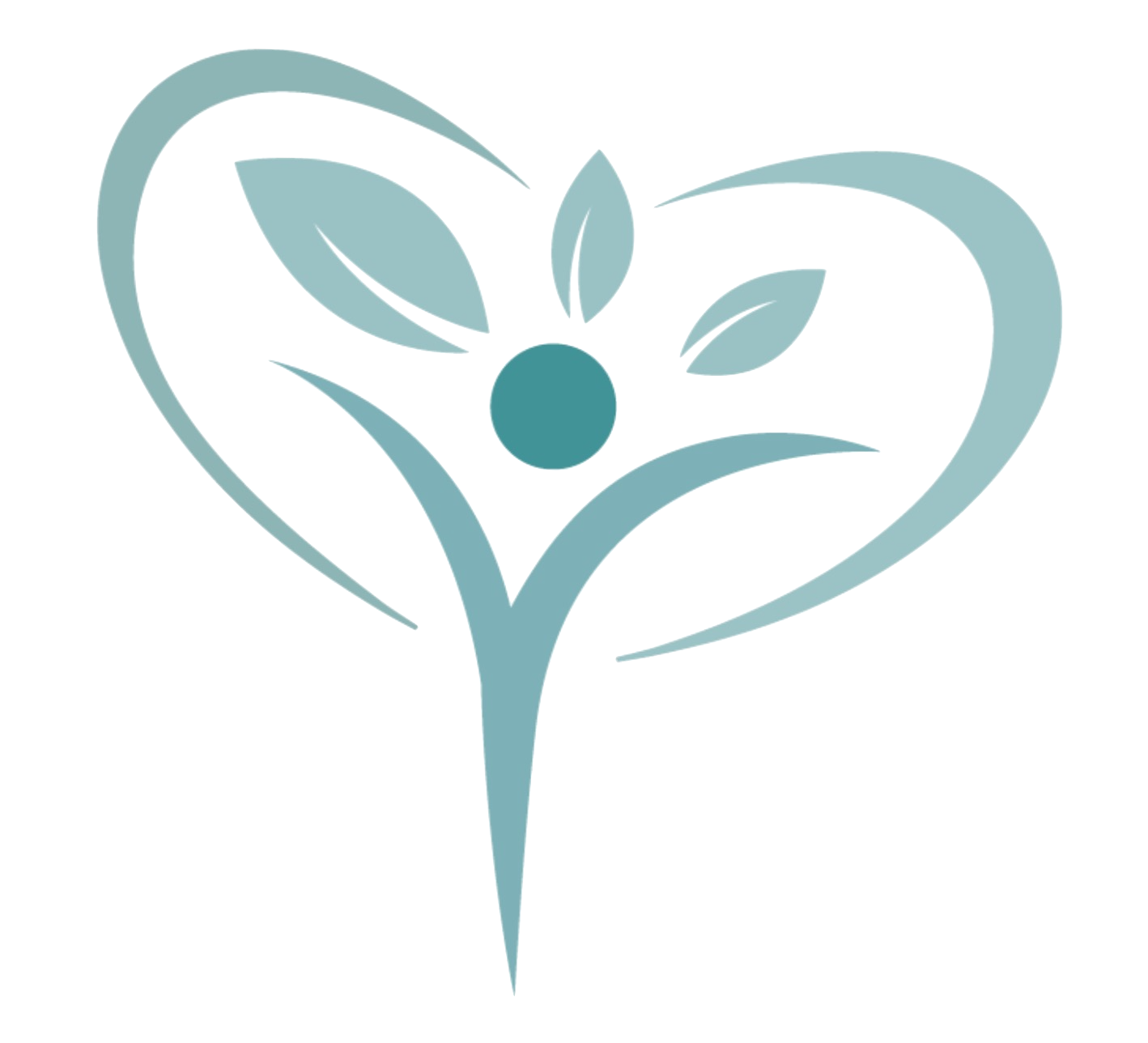#speakup
Speaking up is something I have been contemplating and taking action on for a long time. I decided to become a social worker to support people and to speak up when I see injustice and inequity. I also knew that meant speaking up on larger issues like reducing stigma around mental illness, and issues of race, stereotypes and prejudice. The commitment I made to be a person who advocated for what matters meant a lifetime of looking at my own biased thinking and privilege and a lifetime of speaking up.
And it all started when I was about 6 years old. The year was 1968.
James Redmond, the superintendent of the Chicago Public Schools started developing integration plans that would send black students to predominantly white schools. Recently as I began preparing a presentation for opening day of the South Whidbey Schools, I did some research to recall and remember when my commitment to speak up began.
“Hostile demonstrations greeted efforts on the city's Northwest and Southwest Sides. Redmond and other school leaders found themselves hampered by board members and local politicians reluctant to anger whites opposed to integration.”
When I read these words in a document called School Desegregation in the Encyclopedia of Chicago online, I found myself right back there in front of Falconer School on the Northwest side of Chicago.
Back then I was a sensitive little girl full of love, dressed in an orange dress with black patent leather shoes, and a white barrette in my hair. As you can see this day stands out in my mind. A bus pulled up and out came a large group of black children from the west side. I didn’t know they were coming, but I knew something was about to happen. I saw people with signs across the street and I am sure they were yelling but I think I dissociated from that memory and blocked it out. The children looked scared. I remember walking toward them to say hello, and wondering why others were not. I was a little bit frightened because of what I had heard in my home about black people. But they looked like scared children to me, no one to fear. And so I smiled at them and said hello.
As a result, some of my white friends said that they would never speak to me again. Some of their white parents said they didn’t want their children playing with me. I cried a lot that day, and so did the black children.
Over the next few weeks and maybe months, the black children suffered in that white school. They did not receive equity in education and more opportunities as was hoped by the adults who made this happen, they experienced bullying and racism. As quickly as they arrived, they were gone. And I was left with all the ways I did not or was not able to speak up. And I knew even then as a small child that I wanted to speak up whenever I saw injustice, inequity, and racism. Martin Luther King Jr and Fred Rogers were my role models and I vowed to make a difference.
When I finally got to my Masters in Social Work program at the University of Illinois, it hurt me deeply, when my ethnic minorities teacher told me I had nothing to offer the black community because I was white. I cried a lot that day.
I now know that she was challenging me to look at myself and my white privilege before stepping out as an ally. She wanted me to be clear about my “why”
I really wanted to be in the schools on the West side of Chicago to be an ally. I had to search within to see that perhaps I was trying to make up for the guilt that the 6 year old me who didn’t speak up felt.
I did go to work for the Chicago Public Schools on the west side as a school social worker, and I would like to think I made a difference somehow. I still wonder if it was my place as a white woman to do so, but I did. And I still cry when I think of this.
So here I am in 2018 still finding ways to speak up and to speak up with courage and compassionate boundaries. I have a renewed commitment to this as I embrace that little 6 year old ball of love within me and let her lead the way. #speak-up
